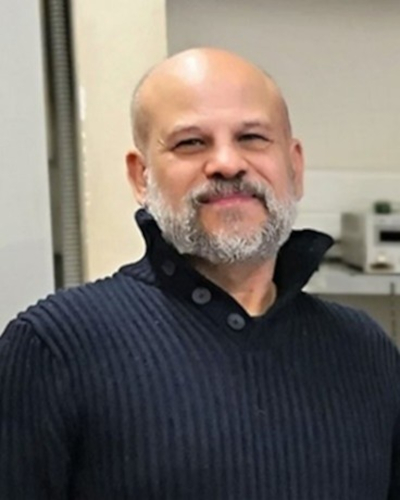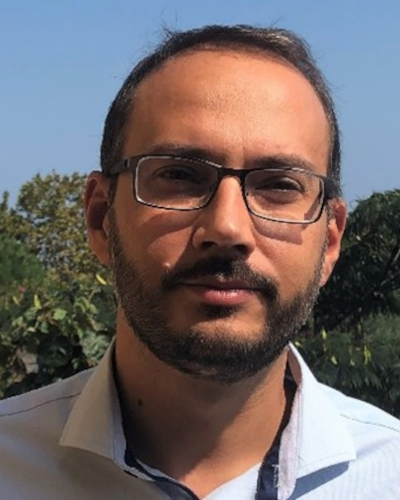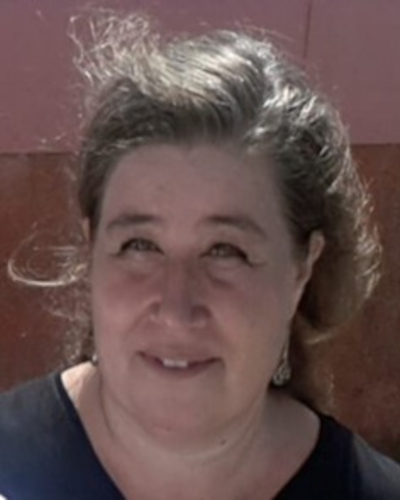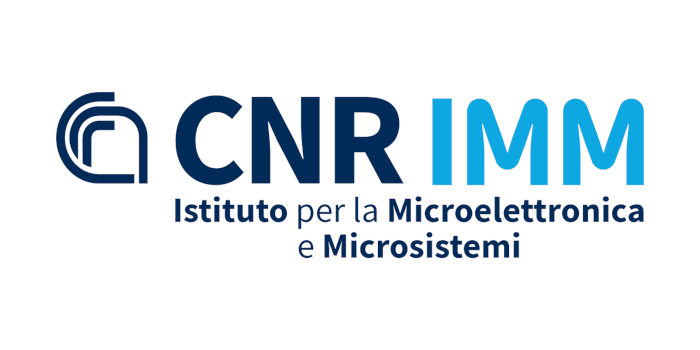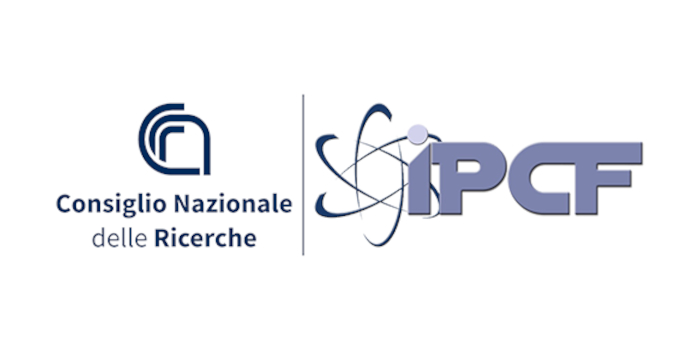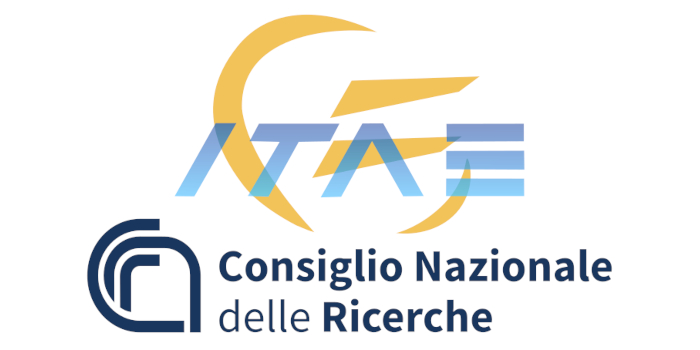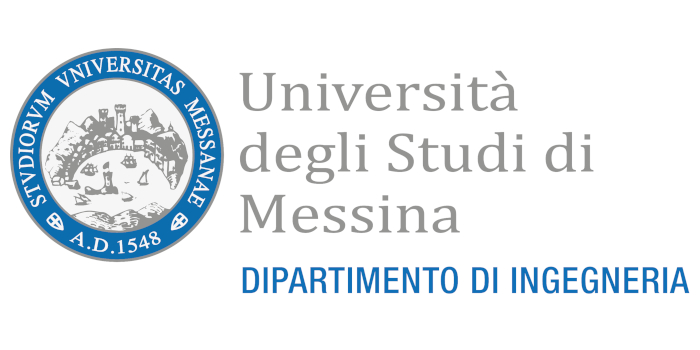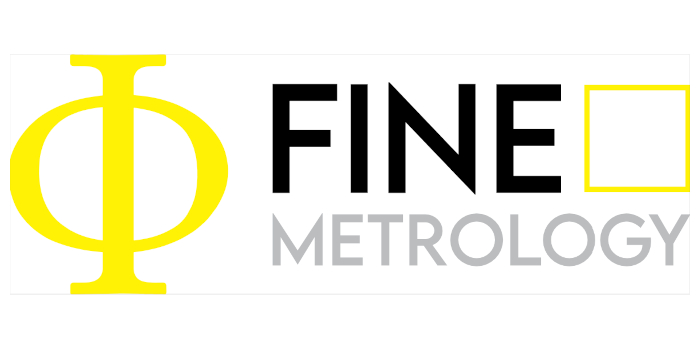SPECIAL SESSION #9
Green sensing systems based on bio-polymers
ORGANIZED BY
Salvatore Graziani
University of Catania, Italy
Luca Patanè
University of Messina, Italy
Francesca Sapuppo
University of Messina, Italy
Carlo Trigona
University of Catania, Italy
Maria Gabriella Xibilia
University of Messina, Italy
ABSTRACT
Silicon-based electronics cannot cope with the realization of green sensing systems. There is a need for new electronics based on novel materials and technologies capable of providing meaningful answers to such requirements. Technologies for electronics and sensor fabrication that use renewable raw materials, save energy, and yield devices whose disposal does not produce any relevant environmental impact are needed. Biodegradable biopolymers can be exploited for this purpose.
Technologies for sensing systems must minimize energy consumption, eliminate the need for non-renewable materials, and ensure devices that can be safely disposed of, recycled, or even biodegraded. Powering systems must move away from fossil fuels to reduce environmental impact.
More broadly, the entire life cycle of electronic devices must be considered to accurately assess their environmental footprint. E-waste poses severe environmental and social challenges on a global scale. Electronics cannot simply be discarded, as improper disposal risks releasing hazardous and toxic substances into the environment. A significant portion of e-waste is processed in developing countries, where unsafe management practices increase pollution risks and cause serious work-related illnesses.
A truly circular economy requires the development of unconventional technologies to complement traditional electronics manufacturing. The urgency of this shift is heightened by the growing demand for electronics in key sectors such as Industry 4.0, precision agriculture, and smart cities. Full technological implementation in these fields will require the mass production of electronic devices, further exacerbating the e-waste challenge.
This session aims to bring together new research findings on bio-derived materials, emerging electronic technologies, innovative devices, and corresponding models.
TOPICS
The topics include, but are not limited to:
- Biopolymers for sensors
- Green Electronics
- Biodegradable sensors and transient electronics
- Biopolymer based sensors modeling
- First principle modeling
- Data driven models
- Model validation
- Transfer learning
- Model interpretability
- Green sensors applications
ABOUT THE ORGANIZERS
Salvatore GRAZIANI received the M.S. degree in electronic engineering and the Ph.D. degree in electrical engineering from the Università degli Studi di Catania, Italy, in 1990 and 1994, respectively. Since 1990, he has been with the Dipartimento di Ingegneria Elettrica, Elettronica e Informatica, Università di Catania, where he is a Full Professor of Electric and electronic measurement and instrumentation. His primary research interests lie in the field of sensors, polymeric sensors and actuators. He has coauthored several scientific papers and books.
Luca PATANÈ received the degree in Computer Science Engineering and the Ph.D. degree in Automation and Electronic Engineering from the University of Catania, Italy, in 2001 and 2005, respectively. He is currently a Research Fellow in Automatic Control Systems at the University of Messina, Italy. His research activities focus on nonlinear systems modeling and control; system identification and soft sensor development; neural networks and learning systems; legged locomotion and insect-inspired control systems; modeling and control of bio-inspired robots. He published more than 130 technical papers and several chapters in books in the field of control and bio-robotics.
Francesca SAPUPPO received the M.S. degree in Electronic Engineering and the Ph.D. degree in Electronics and Automation Engineering from the University of Catania, Italy, in 2003 and 2007, respectively. From 2008 to 2016, she was a researcher at the University of Catania, focusing on multiphysics modeling of composite materials, model order reduction techniques for MEMS and electronic circuits, real-time electro-optical instrumentation, cellular nonlinear networks, and micro-optics based on polymeric materials for monitoring and controlling microfluidic systems. During this period, she published over 60 scientific papers. She later worked in the industry as a data scientist, specializing in green energy monitoring, optimization, and control. She is currently pursuing a second Ph.D. degree in Industrial and Information Engineering at the University of Messina, Italy. Her research interests include multiphysics modeling, interpretable and explainable data-driven model identification, integrating first-principle approaches with state-space representations, artificial intelligence, and machine learning for system modeling and control.
Carlo TRIGONA Carlo Trigona, an Associate Professor at the University of Catania, is a seasoned academic with a strong background in sensors and transducers. His journey began with an M.S. degree, followed by a Ph.D. in Electronics, Automation, and Control of Complex Systems. With extensive postdoctoral experience across Europe, including France and Germany, he returned to Catania, where he has made significant contributions to his department. Currently, he serves as the Director's Delegate for Research and President of the Master’s Degree Program in Electrical Engineering for Sustainable Green Energy Transition. Prof. Trigona’s influence extends beyond academia through his participation in national and international projects. He has received several prestigious awards for his research, including the 2020 IEEE I&M Outstanding Young Engineer Award for his contributions to the advancement of instrumentation and measurement concepts in sensors and transducers for energy harvesting. Additionally, he was honored with the 2023 IEEE I&M Best Application Award for his development of innovative sensors that integrate plant responses to a wide range of environmental factors, creating low-impact, environmentally friendly, and biodegradable instruments. His research, spanning over 250 publications with more than 3000 citations, focuses on sensors, energy harvesting, and innovative green technologies.
Maria Gabriella XIBILIA received the M.S. degree in Electronic Engineering and the Ph.D. degree in Electrical Engineering from the University of Catania, Italy, in 1991 and 1995, respectively. Since 1998, she has been with the Department of Engineering, University of Messina, Italy, where she is currently an Associate Professor of Automatic Control. She co-authored more than 140 scientific papers and 5 books. Her current research interests include system identification, soft sensors, process control, nonlinear systems, fractional order systems and machine learning.


